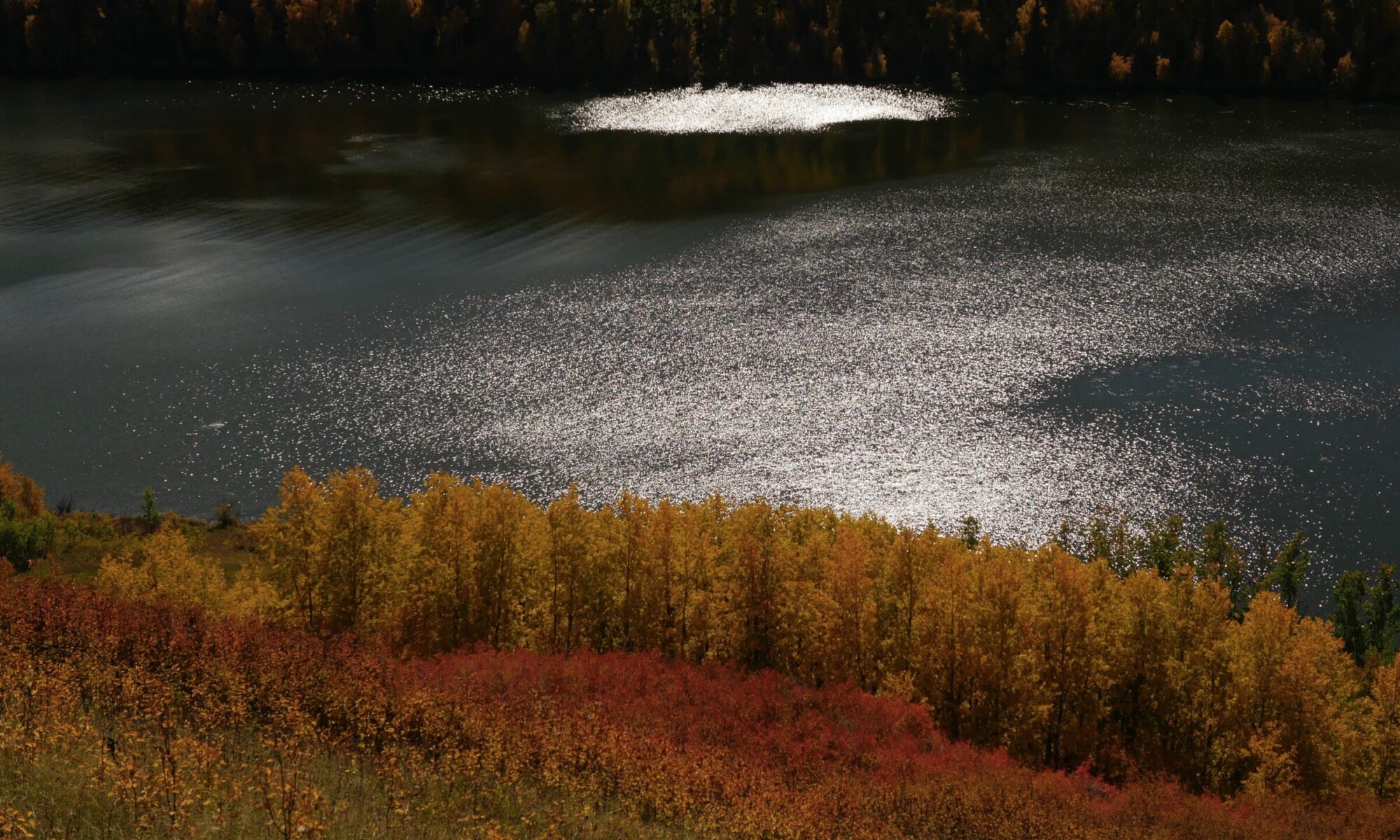It seems from reading on agrarian perspectives that contentment is something that can come out of one’s deep connection to the land. To transform our minds toward a more agrarian perspective would be to become less aware of the commodities that are bombarding us through media and grow in our awareness and care for the land. In class we discussed how to embody contentment is to break down the industrial paradigm; this is because the industrial system treats people merely as consumers of commodities. Therefore when one recognizes the difference between needs and wants and chooses to say “no” to the endless stream of advertisements the power of the dominant system is stripped away and given back to the individual to control his/her own thoughts/feelings/choices. One can now find contentment. Contentment is not passive it is a constant choice to not consume beyond one’s needs, to release the desires to accumulate unnecessarily, and to find a sense of peace and belonging where one is at.
In my own journey of contentment, I can recognize the turning point where I changed and began to make choices differently. Before this point, I can identify with Norman Wirzba’s words: “The body fills us with wants, fears and all sorts of illusions that invariably put us on a path toward disappointment, frustration, and war – war within ourselves over what we crave, and war with others as we compete for the wealth and comfort that comes from the acquisition of material goods” (from “Placing the Soul” The Essential Agrarian Reader).
I have had the unique privilege to step away from the bustle of the city and the constant indoctrination of consumer culture for a few years and had the opportunity to live in a small mountain community. Away from the cultural distractions and pressures, I was able to recognize the war that these things wage against my ability to be at peace. In “The Mind-Set of Agrarianism… New and Old” by Maurice Telleen (The Essential Agrarian Reader) there is a set of Ten Agrarian Commandments. #2 says “Enough is enough. Optimum is often better than maximum” and my favourite in terms of contentment is #6 “Accept limits with grace…Limits are not shackles; in fact, many of them are liberating.” If people were to examine my life they might think “I live in a box” or that my life is a bit backwards, unmodern or that it is shackled, but I would argue the opposite. Because I was removed from common societal comings and goings I have less distractions and what some might say is limiting is truly liberating. I have been able to break the war of consumerism and learn to choose to be content. Contentment brings peace and freedom not bondage. To be content creates in one the self discipline to say no to some options and opens the door to a more fulfilled life of relationship with people and the land because less energy is being spent on things that don’t really matter anyway.
“…we must give thanks and commit ourselves to the responsible work of caretaking and celebration. Only then will the soul, now properly situated in a body and place, find its true peace.”
– Norman Wirzba “Placing the Soul” The Essential Agrarian Reader
2 Replies to “Contentment”
Comments are closed.

May your Spirit continue to guide you into wisdom. Another author I found helpful – Diarmuid O’ Murchu’ both in Reclaiming Spirituality and Tempering Desire. Take care on your path to the “Great Work” we are called to be about. bruce J
Yes, contentment is an active thing, related a lot to the choices we make in resisting the commodity and consumer culture.